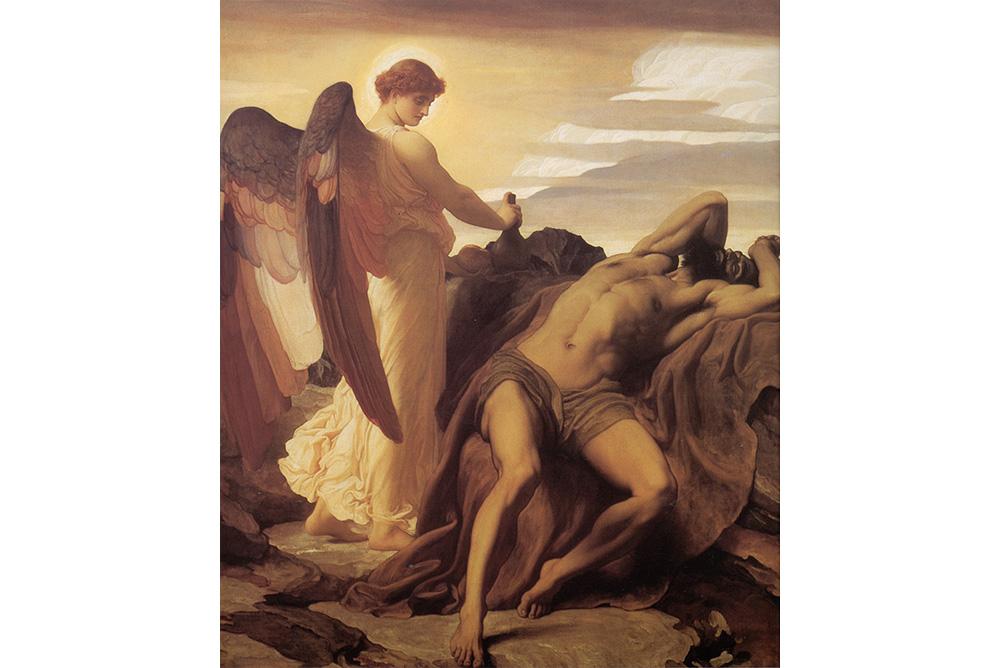W&M Featured Events
[PAST EVENT] Art History Keynote Lecture The Future of Winckelmann's Classical Form by Prof. Elizabeth Prettejohn
Location
VIRTUALAccess & Features
- Registration/RSVP

The 3rd Art History Senior Research Colloquium will take place on April 15-16. It will be launched by a Keynote Lecture, "The Future of Winckelmann's Classical Form: Walter Pater and Frederic Leighton" by Professor Elizabeth Prettejohn, University of York, UK" (Thursday April 15th, 4:00-5:30pm; via a Zoom Webinar, registration required).
Winckelmann’s thought and writing are routinely acknowledged to have had a profound influence on the artistic practices of the half-century after his death, known under the label ‘Neoclassicism’. Standard accounts of modernism in the arts, however, assume that this influence came to an abrupt end around 1815. According to such accounts, the anti-classical reaction that followed the Battle of Waterloo and the demise of Neoclassicism was itself a motive force in the generation of modern art and modernism. This paper argues, on the contrary, that Winckelmann’s ideas not only remained relevant, but gained in power through the generations after the fall of Napoleon. Mediated by critics and artists among whom Walter Pater and Frederic Leighton serve as the principal examples, Winckelmann’s thought made a decisive contribution to twentieth-century modernism. In particular, the articulation in both criticism and artistic practice of ideas about classical form, indebted to Winckelmann, had a subtler and more complex impact on the modernist doctrine of ‘formalism’ than literary or art historians have acknowledged. A renewed attention to classical form will help future scholars to write a more nuanced account of modernism in the visual arts. More importantly, it will call attention to artistic projects that have been excluded from histories of modern art due to reductive assumptions that classicism and modernism are inherently contradictory. The paper concentrates on Frederic Leighton as a case study of an artist whose historical importance and aesthetic merit have been occluded by reductive thinking of this kind.
The colloquium will take place virtually on the following day: Friday April 16th, 9:30-12:00 and 1:30-4:30.
Contact
[[prhawk]]
